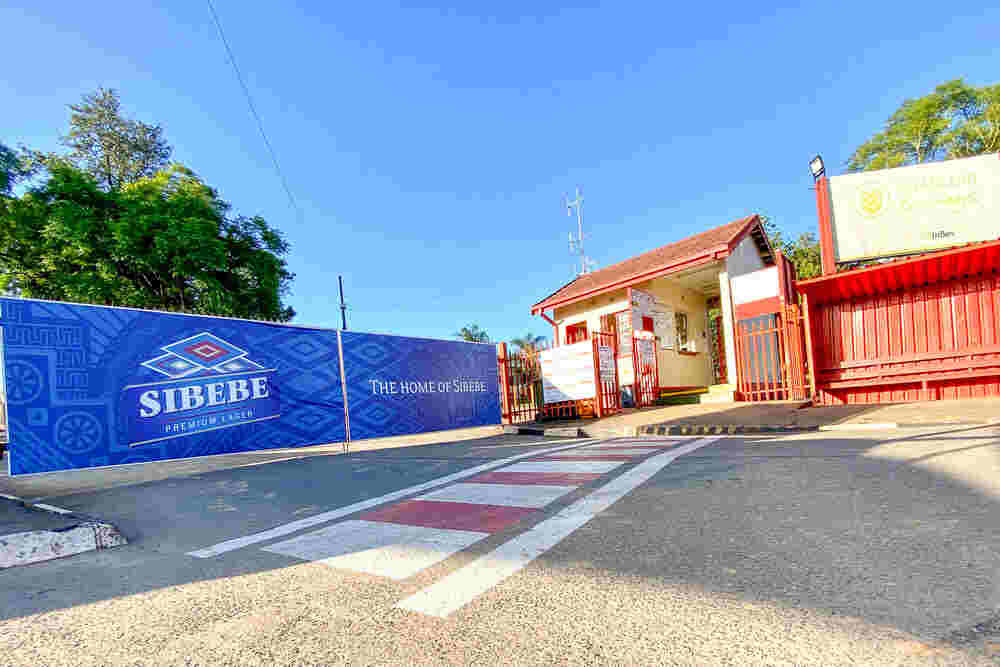Challenges faced by the liquor industry triggered an E500 million decline in the domestic tax collection for the 2020/21 financial year. Tax revenue fell from E9.950 billion collected in the 2019/20 financial year to E9.945 billion raised in the 2020/21 financial year.
The Ministry of Commerce, Industry and Trade revealed that over 370 liquor traders were forced to close down. This represents about 10 percent of the 3 700 legally licensed traders in Eswatini.
Alcohol consumption bans that were instituted to contain the spread of Covid-19 profoundly impacted the liquor industry.

Apart from the adverse impacts of the alcohol consumption ban, the liquor industry has also borne the cost of an alcohol levy that subjected emaSwati to double taxation, resulting in negative ripple effects on the entire beer value chain.
In the 2019/20 and 2020/21 financial years, Eswatini Revenue Service (ERS) collected E45 million in alcohol levy. A sum of E15.9 million was collected in 2020 and E29.4 million in 2021. This is money that consumers paid as extra tax over and above the excise tax that the government collects from the Southern African Customs Union (SACU) receipts.
The implications of the alcohol levy are that imported alcoholic beverages become costlier by 7.0 per cent costlier and the locally produced become 2.0 per cent pricier. Taxes such as the alcohol levy arguably make the industry uncompetitive as an investment option in the region.
Thamsanqa Hlatshwayo, the Secretary General of the Swaziland Liquor Association said according to the association’s records, about 40 percent of liquor traders were forced to close, particularly those who ran wine and malts as they could not compete with bottle stores directly.
In a bid to bring some relief to the sector, the Ministry of Commerce, Industry and Trade’s Chief Commercial Officer Sonto Hlophe said the ministry deferred the renewal of liquor licenses to lessen the burden on businesses.

In a bid to bring some relief to the sector, the Ministry of Commerce, Industry and Trade’s Chief Commercial Officer Sonto Hlophe said due to the restrictions imposed on the liquor sector brought about by the Covid-19 pandemic, such as the total ban on the sale of alcohol, the ministry deferred the renewal of liquor licenses to lessen the burden on businesses.
According to Hlophe, the deferment of licence renewal was for two years so effectively, licences will expire in December 2024.


